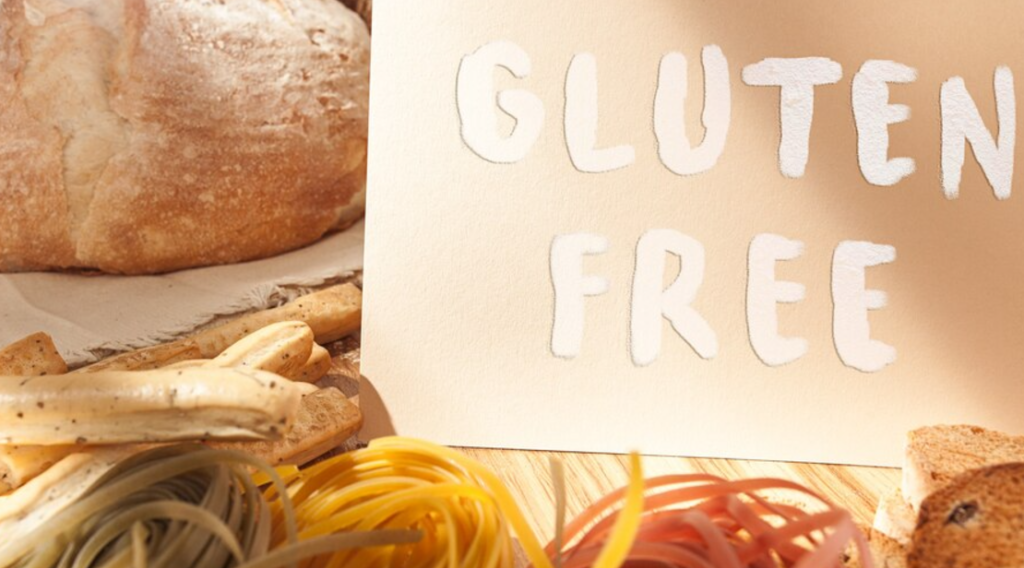A Review of the Gluten-Free Diet
The gluten-free diet eliminates all forms of gluten, a protein found in wheat, barley, rye, and their derivatives. It is essential for certain medical conditions and increasingly popular as a lifestyle choice. Here’s an in-depth look:
Who Needs a Gluten-Free Diet?
- Celiac Disease
- An autoimmune condition where gluten triggers intestinal damage.
- Requires complete elimination of gluten to prevent complications.
- Non-Celiac Gluten Sensitivity (NCGS)
- Individuals experience symptoms like bloating, fatigue, and brain fog after consuming gluten but do not have celiac disease or a wheat allergy.
- Wheat Allergy
- A true food allergy to wheat proteins (not limited to gluten).
What Foods Contain Gluten?
Gluten is found in:
- Grains: Wheat, barley, rye, spelt, farro, and triticale.
- Processed Foods: Bread, pasta, cereals, baked goods, sauces, dressings, and beer unless labeled gluten-free.
Gluten-Free Foods
Naturally gluten-free foods include:
- Fruits and Vegetables
- Legumes: Beans, lentils, and chickpeas.
- Whole Grains: Rice, quinoa, millet, sorghum, and buckwheat.
- Protein: Tofu, tempeh, and unprocessed meats (check for cross-contamination).
- Dairy and Plant-Based Alternatives
Potential Benefits of a Gluten-Free Diet
- For Medical Needs: Prevents symptoms and complications for those with celiac disease or gluten sensitivity.
- Improved Digestive Health: May alleviate bloating and abdominal pain for those sensitive to gluten.
- Better Energy Levels: Addressing undiagnosed gluten issues can reduce fatigue.
Misconceptions About Gluten-Free Diets
- Weight Loss: Gluten-free is not inherently lower in calories or carbs. Some gluten-free products are highly processed and calorie-dense.
- Healthier Diet: Eliminating gluten isn’t necessarily healthier unless gluten causes you specific issues.
Challenges of a Gluten-Free Diet
- Nutritional Deficiencies: Gluten-free products may lack fiber, B vitamins, and iron.
- Cost: Gluten-free products are often more expensive.
- Social and Culinary Limitations: Dining out or attending events can require extra planning.
Key Nutrients to Watch
- Fiber: Opt for whole gluten-free grains like quinoa and oats (certified GF).
- B Vitamins: Fortified gluten-free foods or supplements.
- Iron and Calcium: Include leafy greens, nuts, and fortified alternatives.
Should You Go Gluten-Free?
Unless medically necessary, a gluten-free diet isn’t automatically healthier. If you suspect gluten intolerance, consult a healthcare provider for proper testing before making changes.
Would you like gluten-free meal ideas or tips for transitioning to this diet?








